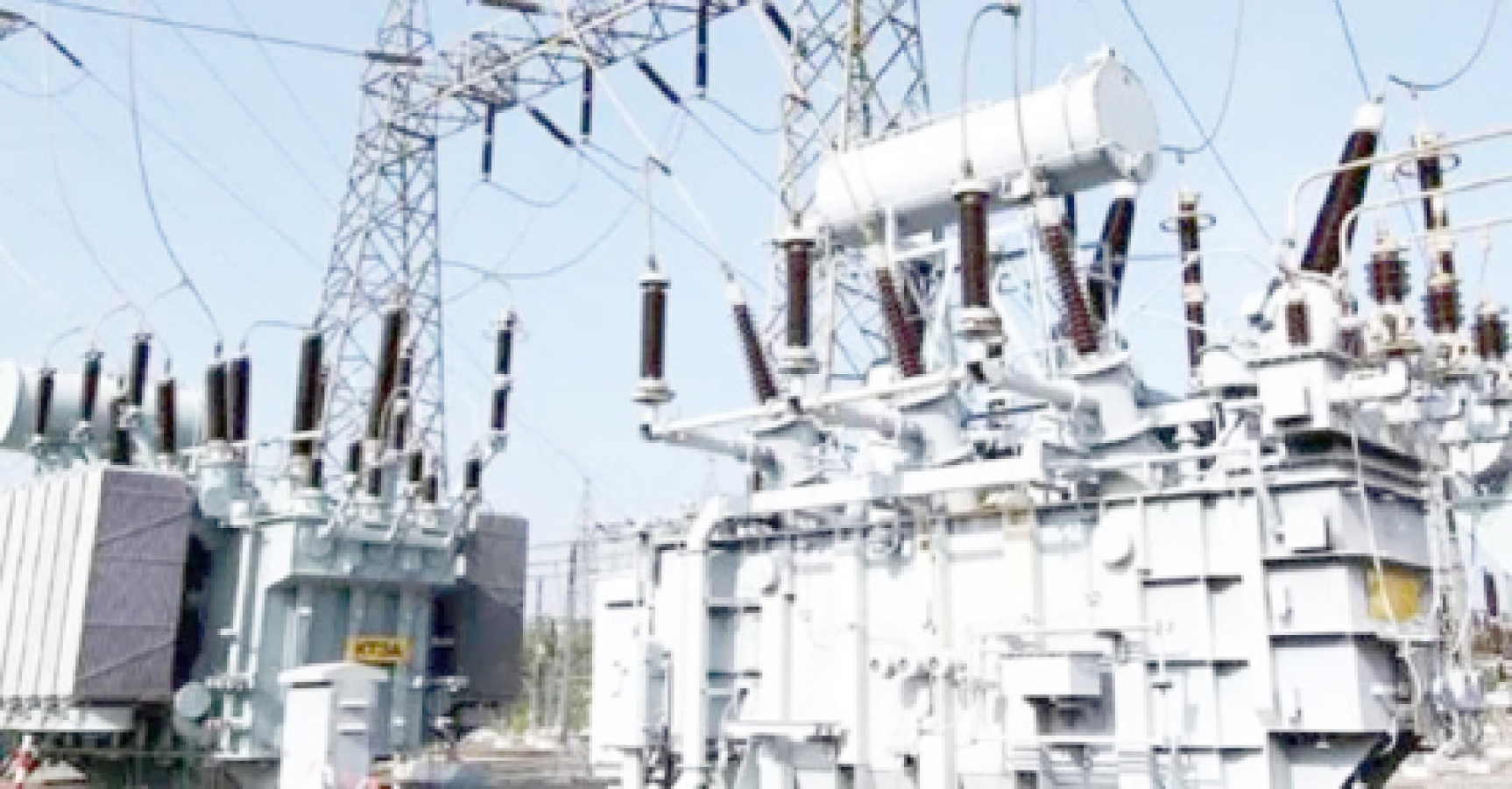News
West African rural areas have access to 10% electricity – ECOWAS

The Economic Community of West African States (ECOWAS) has said the electricity access rate in West African rural areas is standing at only 10 per cent as of 2023.
ECOWAS said this was notwithstanding the general increase in electricity from 45 per cent in 2019 to an average of 53 per cent in 2023.
ECOWAS Commissioner of Infrastructure, Energy & Digitalization, Mr Sediko Douka, disclosed this at the ECOWAS weekly press conference in Abuja on Thursday.
“The energy sector, which is one of ECOWAS’s main areas of action, has an installed production capacity of 25,421 GW, distributed as follows: 77% thermal, 22% hydro, 1% solar/wind.
“The rate of access to electricity has increased from 45% in 2019 to an average of 53% in 2023.
“Despite this increase, there were significant disparities as the electricity access rate in rural areas is standing at only 10%,” he said.
He said the electric sector also faced a low level of intra-regional electricity exchanges which he put at 9 per cent.
The ECOWAS commissioner said electricity prices in the West African region remain very high (0.24 USD = 150 FCFA/kWh), negatively impacting economic development, especially industrial development.
To address these challenges, he said: “ECOWAS set up specialized agencies in the field of energy, namely, the West African Power Pool (WAPP) in Cotonou, Benin, the Regional Electricity Regulatory Authority (ERERA) in Accra, Ghana, the Centre for Renewable Energy and Energy Efficiency (ECREEE) in Praia, Cape Verde, and the West African Gas Pipeline Authority (WAGPA) in Abuja, Nigeria.”
Douka added that other measures taken by ECOWAS to address the challenges include the implementation of the WAPP Master Plan for regional power generation and transmission facilities for 2019-2033: 75 regional projects worth USD 36 billion to build 23,000 km of power interconnection lines and generate 16,000 MW.
Others, according to him are the launching and operationalization of the Regional Electricity Market in 2018, the promotion of renewable energies, and electricity access programs for both on-grid and off-grid networks.

